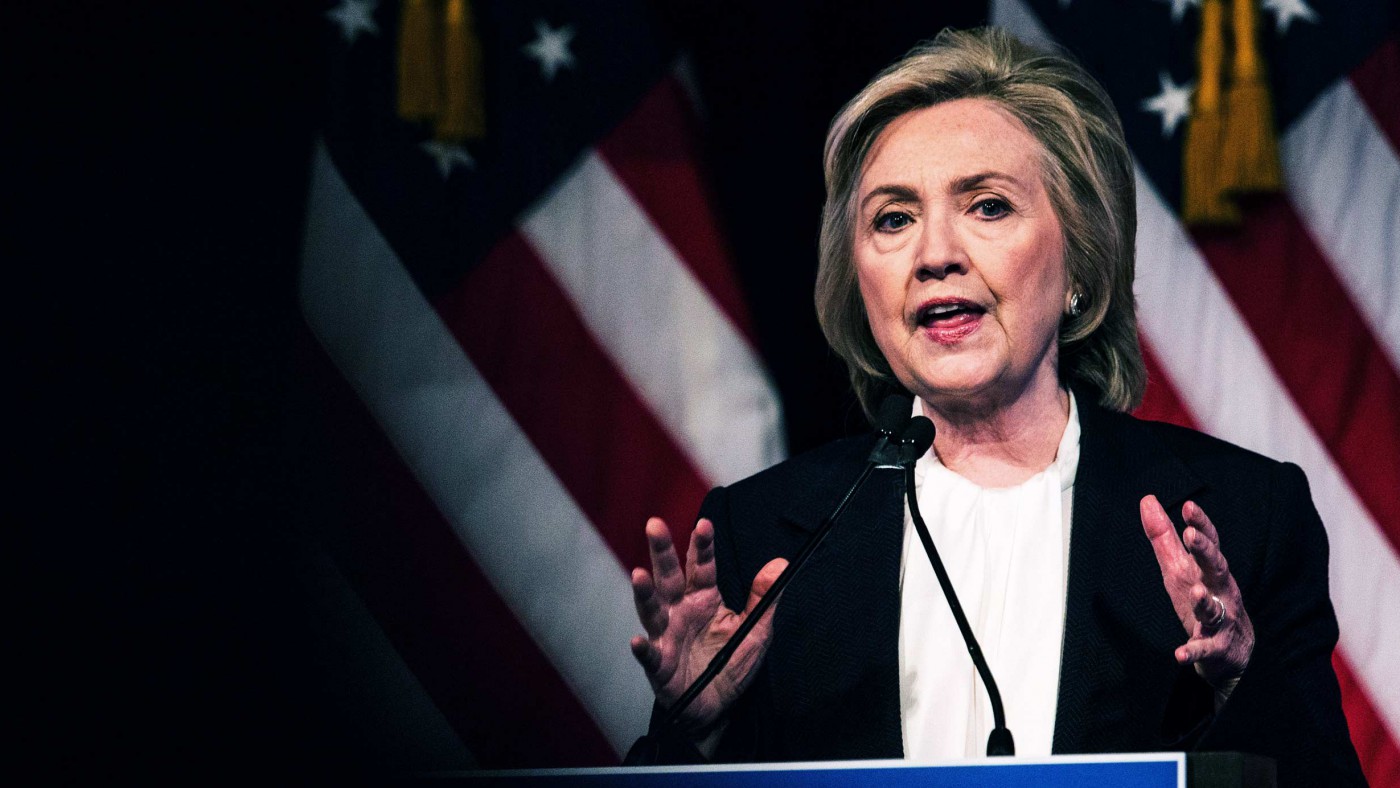On Monday, in her first economic address in New York City, Hillary Clinton declared, “The defining challenge of our time is clear: we must raise incomes for hardworking Americans so that they can afford a middle-class life.” Then Clinton proceeded to call for more taxes and economic regulation, and attacked economic policies put forward by Republican candidates that might actually succeed in raising American incomes.
Take tax reform, for instance. Clinton accused Senator Marco Rubio, a Republican presidential candidate from Florida, of a plan that would cut taxes for households making around $3 million a year by almost $240,000.
Senator Rubio’s plan would raise adjusted gross incomes of those in the top 1 percent by 11.5%, but it would raise incomes of the bottom 10% by over 40%, according to Michael Schuyler, senior fellow at the nonpartisan Tax Foundation. Mr. Schuyler calculated the effects of the Rubio-Lee tax plan and concluded that it would raise GDP by 15% over ten years, increasing investment by 49%, wages by 12%, and the level of employment by 2.7 million jobs.
No group would see a tax hike due to growth from lower corporate and small-business tax rates, which would decline to 25% from current rates of 39%. Investment in plant and equipment could be immediately expensed. Companies would only be taxed on income earned in the United States, rather than worldwide, encouraging them to repatriate some of the $1.7 trillion now held overseas (at a tax rate of 6%).
Rather than talking about cutting taxes, which could raise economic growth, Clinton talked about raising taxes. “Those at the top have to pay their fair share,” she said. The same for “hugely successful companies” who “should not be able to game the system and avoid paying their fair share.”
No matter that many of these “hugely successful companies” are mobile and can leave for other countries. The Senate Permanent Subcommittee on Investigations has estimated that American companies hold offshore around $1.7 trillion of earnings from foreign operations. Under a new Clinton administration, more companies and earnings would likely leave.
As well as higher taxation, Mrs. Clinton showed herself to be a fan of more regulation. She admitted that “We can’t create enough jobs and new businesses without more growth” but she went on to attack those new businesses that are creating jobs, such as Uber and Airbnb.
She said, “Many Americans are making extra money renting out a spare room, designing websites, selling products they design themselves at home, or even driving their own car. This “on demand” or so-called “gig economy” is creating exciting opportunities and unleashing innovation but it’s also raising hard questions about workplace protections and what a good job will look like in the future.”
Of course, those companies with workplace protections—such as the manufacturing sector—are the ones that are shrinking. It is the new, dynamic professional companies that are providing much of the economic growth. These are the ones that Clinton wants to regulate.
Clinton also wants to regulate how workplaces set compensation packages. She said, “And it’s way past time to end the outrage of so many women still earning less than men on the job — and women of color making even less. All this lost money adds up and for some women, it’s thousands of dollars every year.”
America has laws that protect women from making less than men for the same work, but Clinton wants to go even further. She is referring to the Paycheck Fairness Act, a bill in Congress that would enable the government to collect data on men’s and women’s earnings and check that women are being paid the same. That would result in additional governmental intrusion into companies’ pay policies.
Hillary Clinton revealed nothing new in her economic speech. She just spelled out that her platform is going to be higher taxes and more regulation. And that has not helped economic growth, or the poor and middle class, wherever it has been tried.


